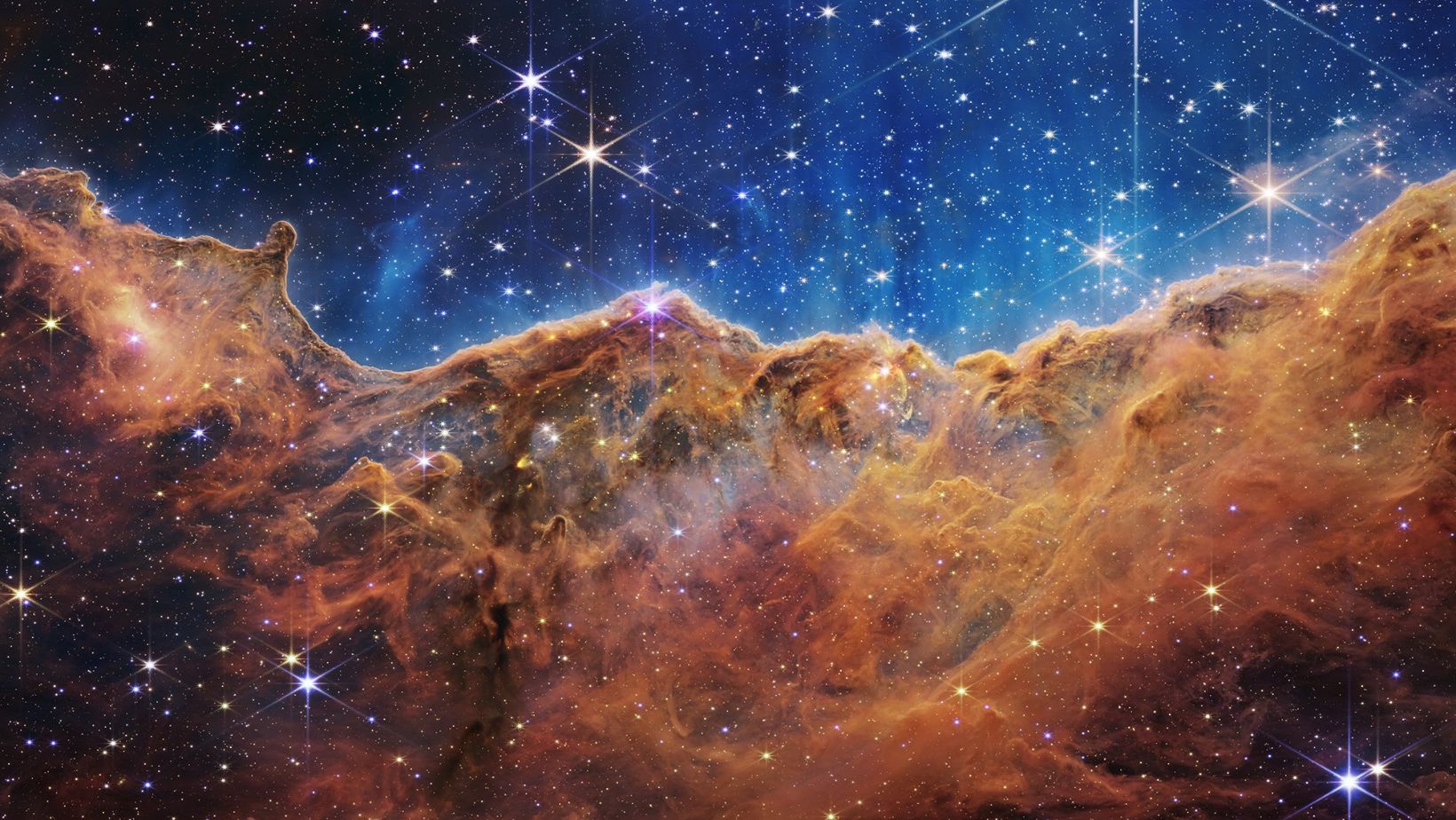Jobs for Cosmologists
Looking for a career as a cosmologist? You’ve come to the right place! With an increasing interest in the mysteries of the universe, there are a variety of exciting job opportunities available for those with a passion for cosmology. Whether you dream of exploring distant galaxies or unraveling the secrets of dark matter, there are plenty of paths to choose from in this fascinating field.
Table of Contents
ToggleOne possible career path for cosmologists is research and academia. Many cosmologists work at universities or research institutions, conducting groundbreaking studies and contributing to our understanding of the universe. From studying cosmic microwave background radiation to investigating gravitational waves, these researchers play a vital role in expanding our knowledge of the cosmos.
Another avenue for cosmologists is working in observatories and space agencies. Cosmologists can operate powerful telescopes and analyze data collected from various missions to gain insights into celestial phenomena. They may have the opportunity to collaborate with international teams on projects like mapping distant galaxies or searching for exoplanets, making significant contributions to our understanding of the universe.
Whether you’re interested in theoretical modeling, observational astronomy, or computational astrophysics, pursuing a career as a cosmologist offers an exhilarating journey into the wonders of space. So buckle up and get ready to explore uncharted territories as we delve deeper into the mysteries that lie beyond our world!

What is Cosmology?
Cosmology is a fascinating field of study that seeks to understand the origins, evolution, and structure of the universe. It delves into questions about the nature of space, time, matter, and energy on a grand scale. As a cosmologist, I find myself constantly pondering the vastness of the cosmos and trying to unravel its mysteries.
At its core, cosmology aims to explain how our universe came into existence and how it has evolved over billions of years. It explores concepts such as the Big Bang theory, which suggests that the universe began from an immensely hot and dense state approximately 13.8 billion years ago. Through meticulous observations and mathematical models, cosmologists have been able to piece together a timeline of cosmic events that has shaped our reality.
One key aspect of cosmology is understanding dark matter and dark energy. These enigmatic entities make up the majority of our universe’s content but remain largely invisible and mysterious to us. Dark matter exerts gravitational forces that shape galaxies’ structures while dark energy drives the accelerated expansion of the universe itself. Unraveling their nature is one of the most significant challenges in modern cosmological research.
In addition to studying cosmic phenomena on large scales, cosmologists also investigate smaller-scale processes such as star formation, galaxy clustering, and cosmic microwave background radiation. By analyzing data from powerful telescopes like Hubble or studying cosmic microwave background radiation left over from the early universe’s infancy, scientists can glean insights into how galaxies form and evolve.
Ultimately, cosmology offers us a glimpse into our place in the vast expanse of space-time. It pushes boundaries by seeking answers to fundamental questions about our existence while inspiring wonder and awe at the sheer magnitude and complexity of our universe.
With this brief introduction to what cosmology entails, let’s dive deeper into specific career opportunities for those passionate about exploring these mind-boggling cosmic wonders!











